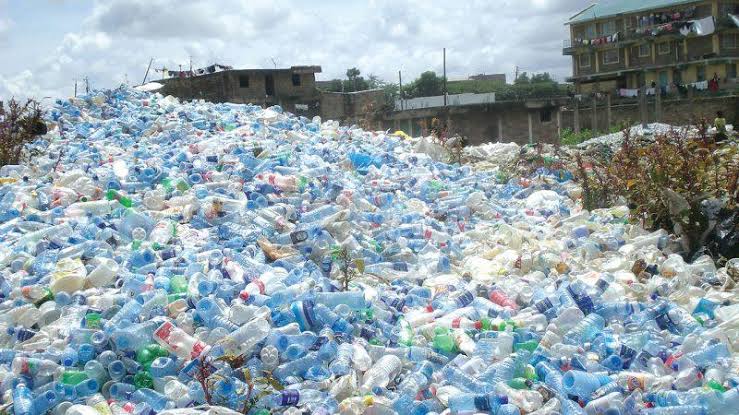HINDUSTAN TIMES
World Environment Day falls on June 5 and celebrates its 50th anniversary this year. The day raises awareness about environmental protection.
The World Environment Day is an annual global event observed on June 5. This year, it falls on Monday and also marks the 50th anniversary of World Environment Day. The day encourages awareness and action for environmental protection by the global community. Many non-governmental organisations, businesses, and government entities back the cause. Moreover, World Environment Day is the United Nations outreach day for encouraging worldwide awareness and supporting the environment. Scroll ahead to find out the history, significance and theme of the day this year.
Theme and Host
World Environment Day is the largest global platform for environmental public outreach, and millions celebrate it across the globe. According to the official website of World Environment Day, the theme on June 5, 2023, will focus on solutions to plastic pollution under the campaign #BeatPlasticPollution. This year, Côte D’Ivoire will host.
The government of the Netherlands is supporting this year’s World Environment Day. The nation is one of the countries taking ambitious action along the plastic lifecycle. It is a signatory of the New Plastics Economy Global Commitment and a member of the Global Partnership on Plastic Pollution and Marine Litter.
History and Significance
Led by the United Nations Environment Programme (UNEP), World Environment Day was first marked on June 5, 1973, during the Stockholm Conference on the Human Environment. At that time, the theme was ‘Only One Earth’. World Environment Day aims to bring together millions of people from across the globe, engaging them in the effort to protect and restore the Earth.
According to the UN, “more than 400 million tonnes of plastic is produced every year worldwide, half of which is designed to be used only once. Of that, less than 10 per cent is recycled. An estimated 19-23 million tonnes end up in lakes, rivers and seas annually. Microplastics find their way into food, water and air. It is estimated that each person on the planet consumes more than 50,000 plastic particles per year –and many more if inhalation is considered…



